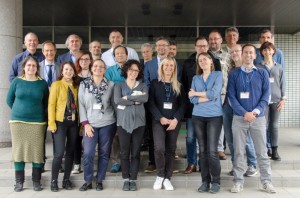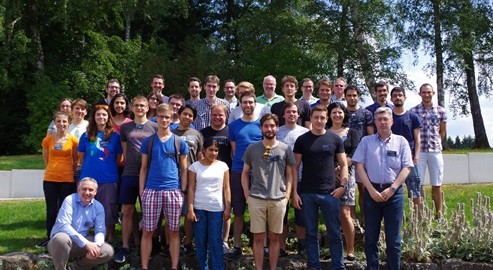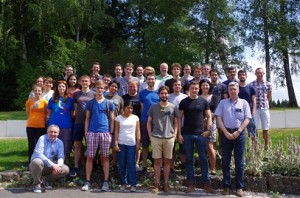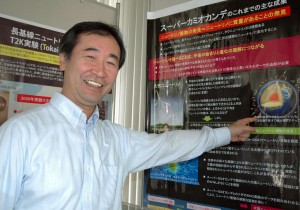3rd JENNIFER General Meeting held in Tsukuba
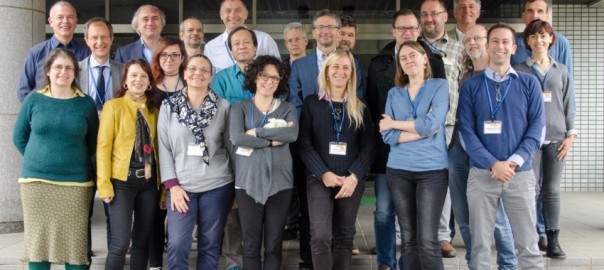
The 3rd General Meeting of JENNIFER Consortium was held in KEK Tsukuba campus on October 6, 2017. It was for the first time in Japan and attended by 40 scientists from 11 countries. The KEK Director General, professor Masanori Yamauchi, addressed his welcome to the meeting participants and stressed the importance for KEK activities of the external support provided by JENNIFER.
The meeting allowed to asses a deep review of the project status and to start discussing about a possible future development of the project. The meeting has been also reported on the IPNS new page: https://www2.kek.jp/ipns/en/post/2017/10/jennifer-generalmeeting/

